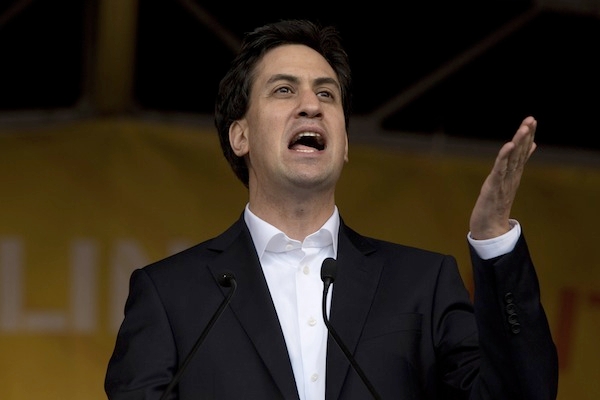Isabel makes an excellent point about Ed Miliband’s One Nation spiel. It soothes political minds to talk about society rather than economics, people rather than the state, the common good rather individual utility. Voters like it, too, because globalisation and technology make many of us feel lost and alone.
But it is, as Isabel says, an easy language of opposition, even a facile one. In office, reality tends to preclude such grand posturing, particularly in an economic crisis.
As it happens, last night I went to an interesting Centre for Social Justice lecture by Jon Cruddas, Labour’s policy review chief, on the role of the state in the Good Society. Now I like Cruddas, even if he is a little too inebriated by the exuberance of his own verbosity. And after 45 minutes of fulminating against the purely ‘utilitarian …. the technocratic … the economistic’ way of viewing the world, he was frank enough to admit that all his highfalutin words would not be worth a jot if a future Labour government couldn’t act on it.
We saw the same process, of course, over Cameron’s flirtations with localism and Red Toryism. As soon as the Conservatives found themselves in power, all that high-minded Burkean waffle seemed a bit too, well, waffly. In the end, it was only signalling and branding, signifying nothing. When the Big Society brand went stale, they dropped it.
It’s sad, really. People – politicians included – yearn for something more inspiring than the cold arguments of state versus market. But the only way they can do it through the most managerial thing of all: a re-branding exercise. Perhaps we are so consumed by perception that we cannot change our reality. For more on this, and much better expressed, do read Michael Lind’s essay in our Christmas issue.
You can read our bumper Christmas issue for free with a trial subscription on our new iPad and iPhone app.







Comments